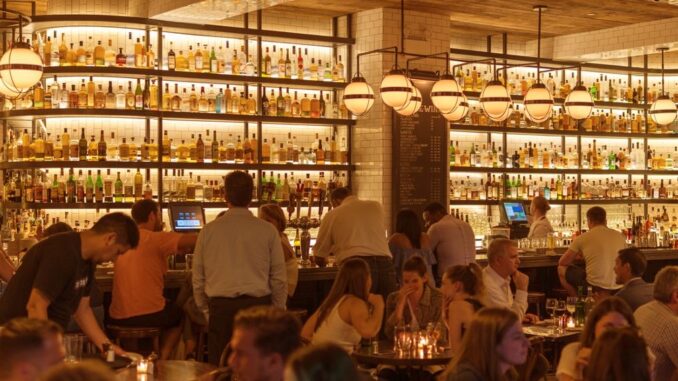
You are aware that the world is becoming more and more connected. Also, you don’t leave home without your mobile phone; you have at least one computer; and, both at work and at home, you have an Internet connection. But is your restaurant adapted to digital media?
It doesn’t matter if you have just opened your restaurant or if you have been open for several years. If you want to work on restaurant marketing but don’t know where to start, this guide is for you. Grab a pen and paper or open a document on your computer and let’s get started!
What Is Restaurant Marketing?
Marketing is the set of techniques and studies that seek to improve the commercialization of a product. Its function is to identify consumer needs in order to convert them into demand. Therefore, well-applied marketing allows us to increase the demand for a product in the market in the most efficient way for both the buyer and the seller.
In a highly globalized and interconnected world, two types of marketing can be distinguished:
Traditional marketing or offline marketing. This is done through physical media, such as billboards, flyers, magazines, product tastings, or test campaigns.
Digital marketing, or online marketing, is carried out through digital media thanks to new technologies. It includes the use of social networks, websites, restaurants press release, SEO, newsletters (email marketing), blogs, and search engine advertising.
Both types of marketing are complementary and fundamental to achieving our objectives, although, with the rise of digital channels, companies often forget to take care of offline marketing.
By 2021, it is predicted that the majority of companies’ advertising budgets (more than 50%) will be spent on online advertising formats such as social media and mobile devices. In fact, markets, such as the UK and the US, already spend most of their advertising money on digital ads.
Now that we know the basics, what is restaurant marketing? In this case, restaurant marketing is all of the offline and online actions and strategies that are used in the food industry to:
- Improving customer relations.
- Customer loyalty.
- Find new customers.
- Promote products.
- Increase sales.
- Differentiate and strengthen our brand.
Why is restaurant marketing important?
Restaurant marketing, or gastronomic marketing, is rarely talked about and how necessary it is to boost the success of a hospitality business.
Many people, motivated by their dreams or family tradition, start a restaurant without knowing the sector in depth. And we’re not talking about a lack of cooking skills or knowledge in the kitchen. We’re talking about a lack of marketing skills in a world where image and communication are very important.
If you own a restaurant, you know better than anyone the dedication that goes into it and the effort you have had to make (and still have to make) to offer a quality product and service. But quality is no longer enough. It is no use having a wonderful product and a wonderful place if nobody knows about it. This is where restaurant marketing comes in.
Marketing for restaurants gives you a lot of ways to show potential customers why your restaurant is better than others. These tools include:
- Increasing profitability.
- Providing differential value to the brand, products and services.
- Be more competitive.
- Boosting corporate identity and brand reputation.
- Improve management.
In the digital era, special attention must be paid to online marketing by working properly with digital media. The Internet is an open window to thousands of options for your potential customers. It is word of mouth taken to its maximum exponent, as with just a few clicks, they can consult hundreds of reviews from other users, as well as search for information on the web, and social networks before deciding on a restaurant.
There are many possibilities to apply digital marketing for restaurants: activity on social networks, a good website design, SEM advertising or a gastronomic blog, for example. Develop a good online marketing plan for your restaurant and don’t miss the opportunity to stand out.
